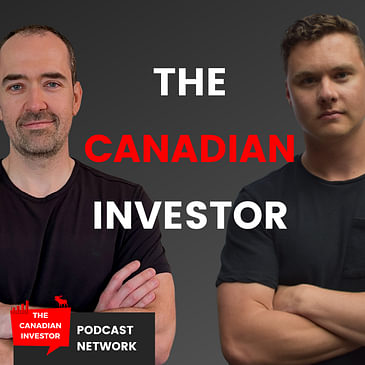In this episode of the Canadian Investor Podcast, Braden shares his observations from his recent travels across Europe, focusing on the evolving landscape of investment opportunities and the significant shift in credit card adoption in Spain compared to his last visit. He highlights the dramatic increase in credit card acceptance, noting the ease of transactions even with the smallest vendors.
Simon dives into the mechanics of how Buy Now Pay Later (BNPL) companies generate revenue and discusses the intriguing findings from a recent New York Federal Reserve study. The study outlines how the adoption of BNPL services varies significantly between financially fragile and financially stable households, shedding light on consumer behavior and financial health.
Wrapping up the episode, they explore the investment philosophy of renowned investor Norbert Lou. They also discuss the breaking news announcement by the US government to potentially reclassify marijuana from a Schedule 1 to a Schedule 3 drug, examining the potential ripple effects this major shift could have on Canadian cannabis stocks.
Tickers of stock discussed: WEED.TO, ACB.TO, V, MA, AFRM, PYPL, SQ
Check out our portfolio by going to Jointci.com
- Our Website
- Canadian Investor Podcast Network Twitter: @cdn_investing
- Simon’s twitter: @Fiat_Iceberg
- Braden’s twitter: @BradoCapital
- Dan’s Twitter: @stocktrades_ca
Want to learn more about Real Estate Investing? Check out the Canadian Real Estate Investor Podcast!
Apple Podcast - The Canadian Real Estate Investor
Spotify - The Canadian Real Estate Investor
Web player - The Canadian Real Estate Investor
Sign up for Finchat.io for free to get easy access to global stock coverage and powerful AI investing tools.
Register for EQ Bank, the seamless digital banking experience with better rates and no nonsense.
See omnystudio.com/listener for privacy information.

